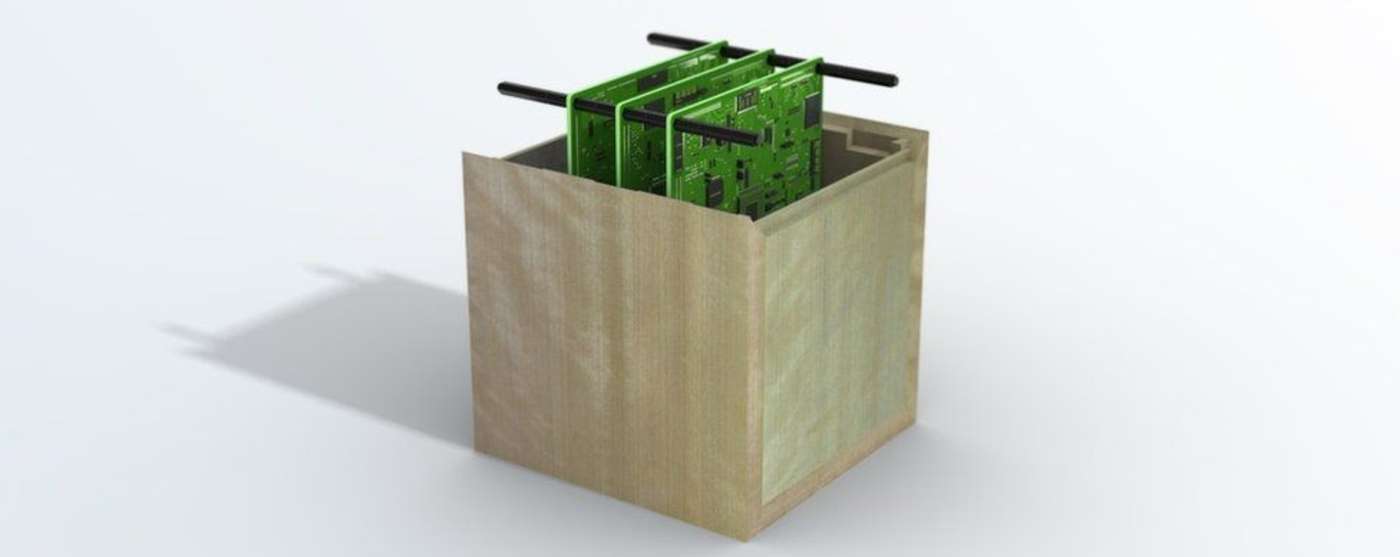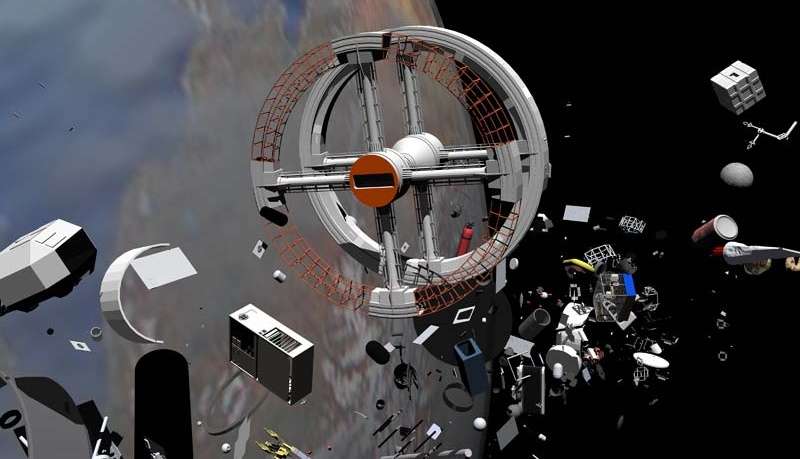Geophysicists Confirm Plato's Theory-the Earth Is Made of Cubes
Geophysicists at the University of Pennsylvania have determined that the early Greek philosopher Plato was right-the Earth is made of cubes.

A wooden satellite will be launched into space in 2023 to study how the organic material holds up in the vacuum outside our atmosphere.
Wooden satellites would create a harmless alternative to metal ones, and significantly cut down on space junk orbiting the Earth which is expected to become a serious problem for spacefarers in the near future.
Researchers and space experts from Kyoto University, including a former Japanese astronaut, are working with the Sumitomo Group, a nearly 400-year old company, on the development and testing of special kinds of wood that can survive in the harsh environment of space.
A translation of a press release regarding the innovation, known as the LignoStella project, explains some of the benefits of using wood.
"Since wood transmits electromagnetic waves and geomagnetism, if the artificial satellite is made of wood, an antenna and attitude control device can be installed inside the satellite, and the satellite structure can be simplified."
"The wooden artificial satellites that enter the atmosphere after the operation is completed will be completely burned out. This will lead to the development of cleaner and environmentally friendly artificial satellites that do not generate minute substances (alumina particles) that can be a source of [air pollution] during combustion."
CHECK OUT: These Comfy T-Shirts Made From Wood and Algae Can Be Composted Once You're Done With It
These particles can float in the air for many years, and Takao Doi, a visitor to the International Space Station and a researcher at the Kyoto University Space Research Unit, where he founded a new field called the "Basic Research on the Practicality of Wood Resources in Space," has some worries about their effects on life down below.
"We are very concerned with the fact that all the satellites which re-enter the Earth's atmosphere burn and create tiny alumina particles which will float in the upper atmosphere for many years," Takao Doi told the BBC.
There are about 6,000 satellites orbiting the Earth now, and many thousands more will be launched over the 21st century, including over 1,000 from Elon Musk's universal internet access program, Starlink, alone.

LignoStella holds hope for Kyoto University scientists of leading to the development of unique building materials that, as so many space technologies beforehand have, can eventually move back down to Earth to create more sustainable societies.
Wood has been used in every conceivable way for thousands of years, and so it's perhaps appropriate that we should be employing its versatility in space now too.
SHARE the Far-Out Satellite News With Friends on Social Media…
Be the first to comment